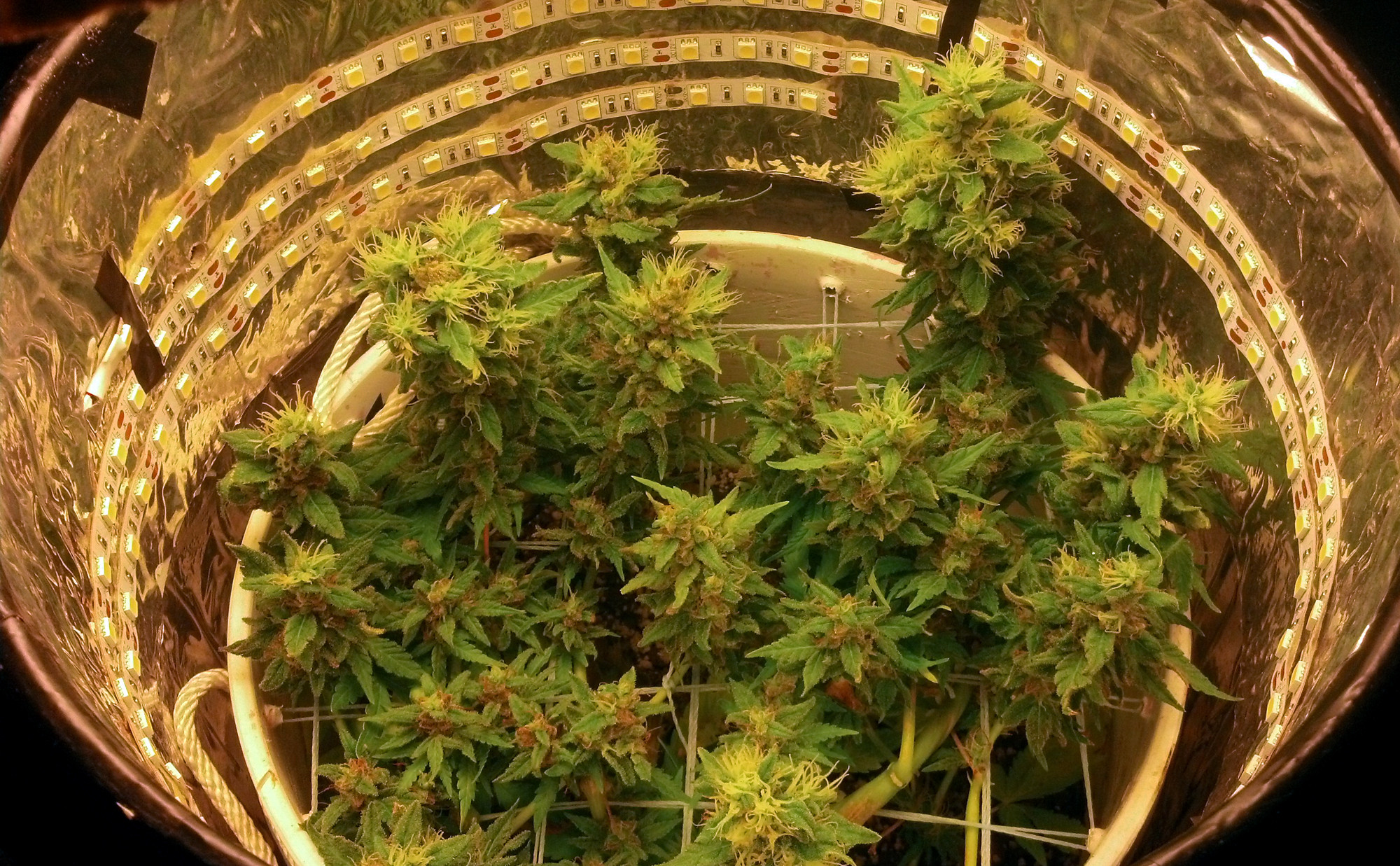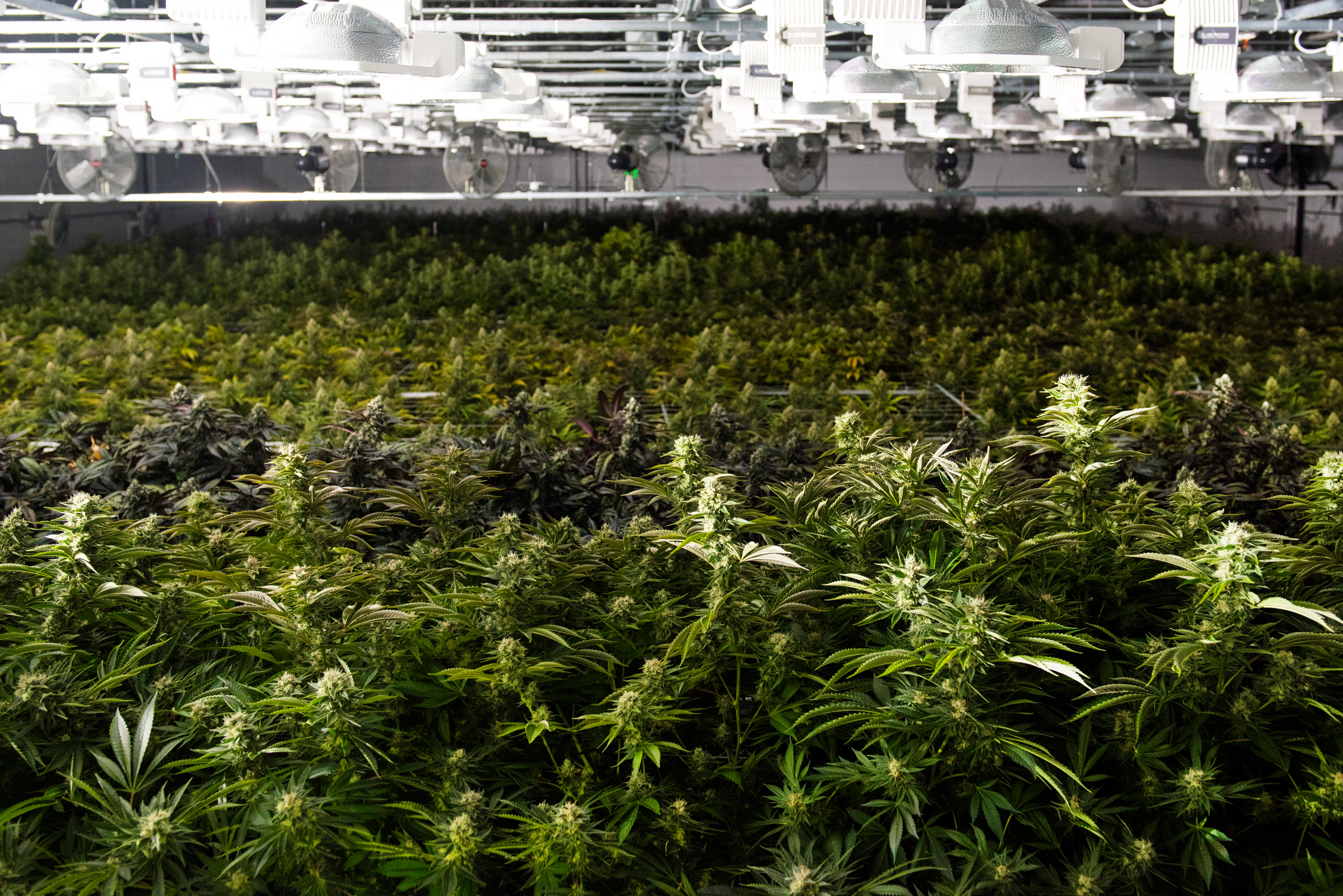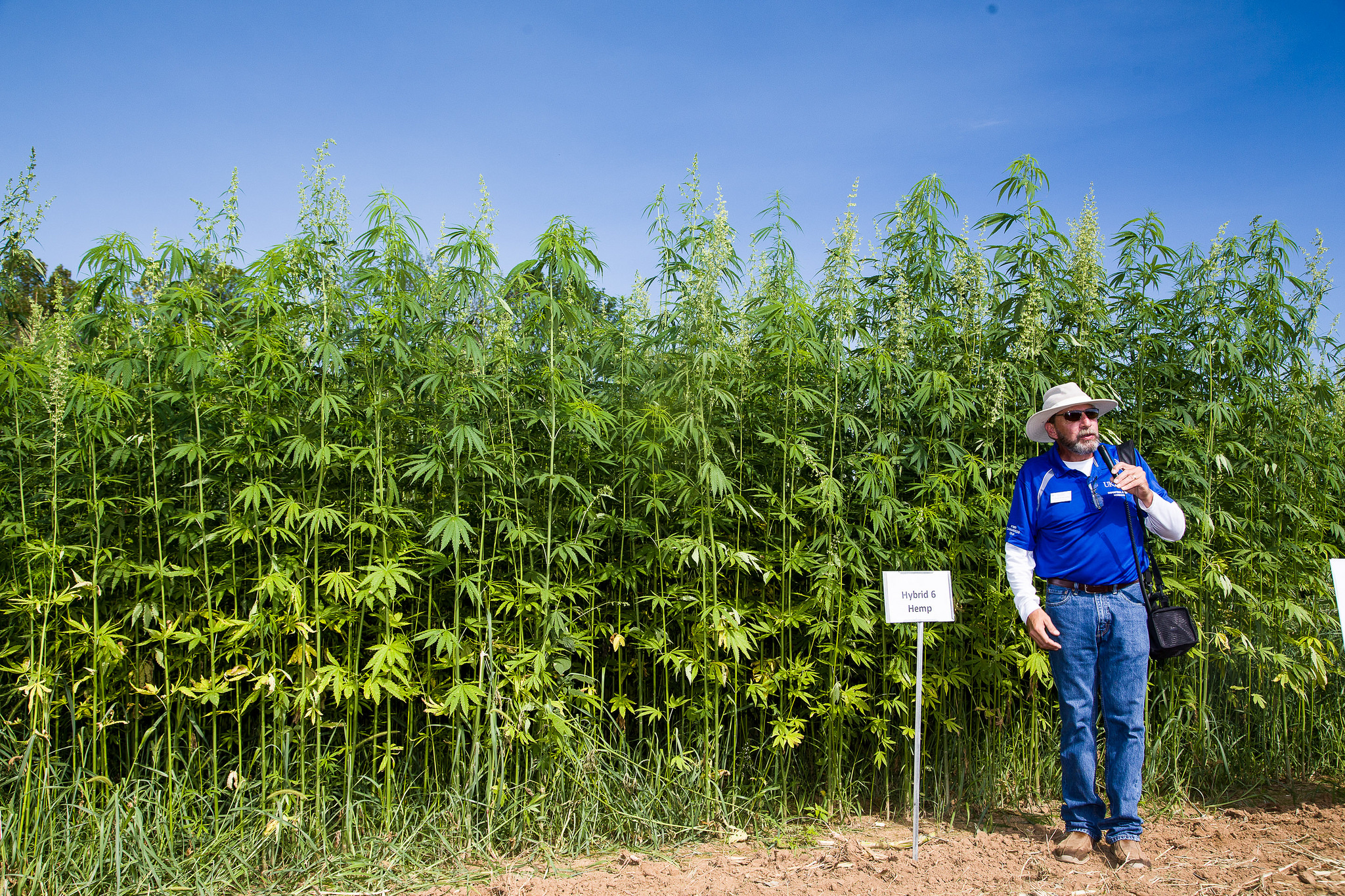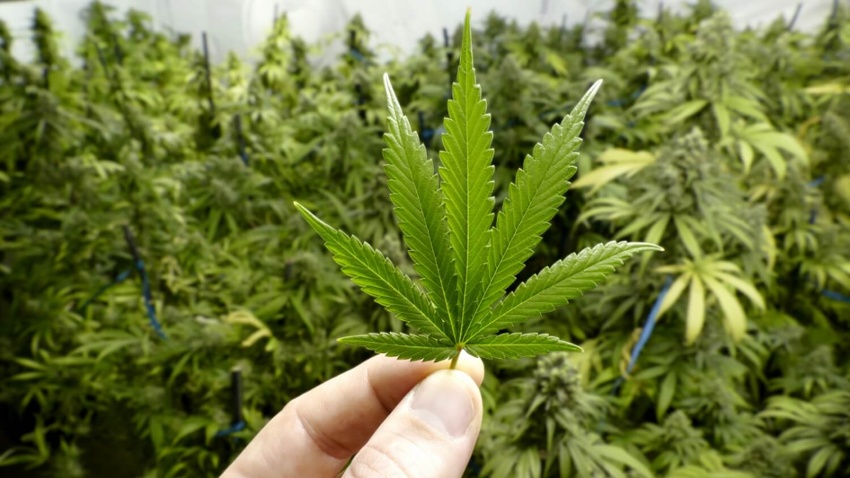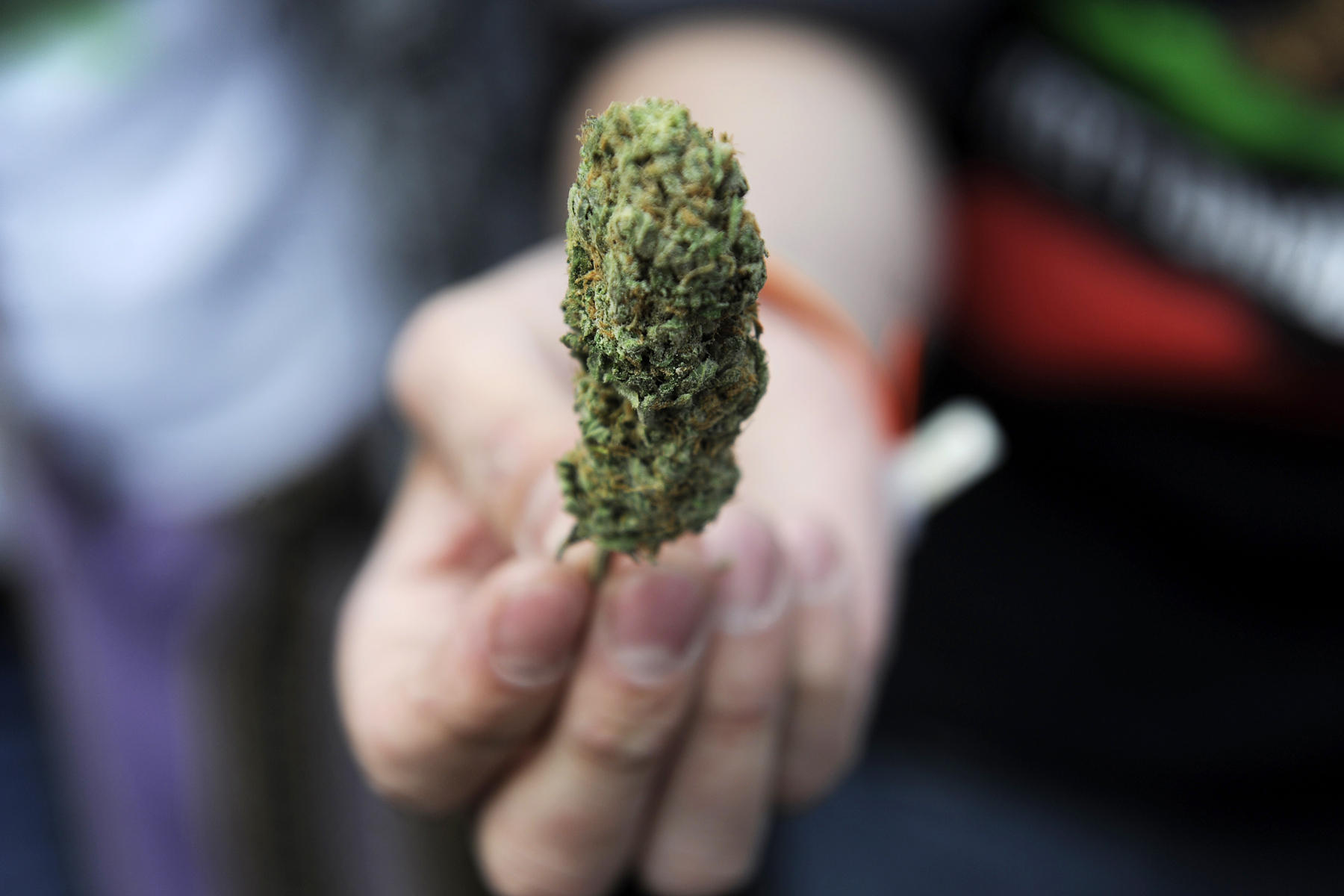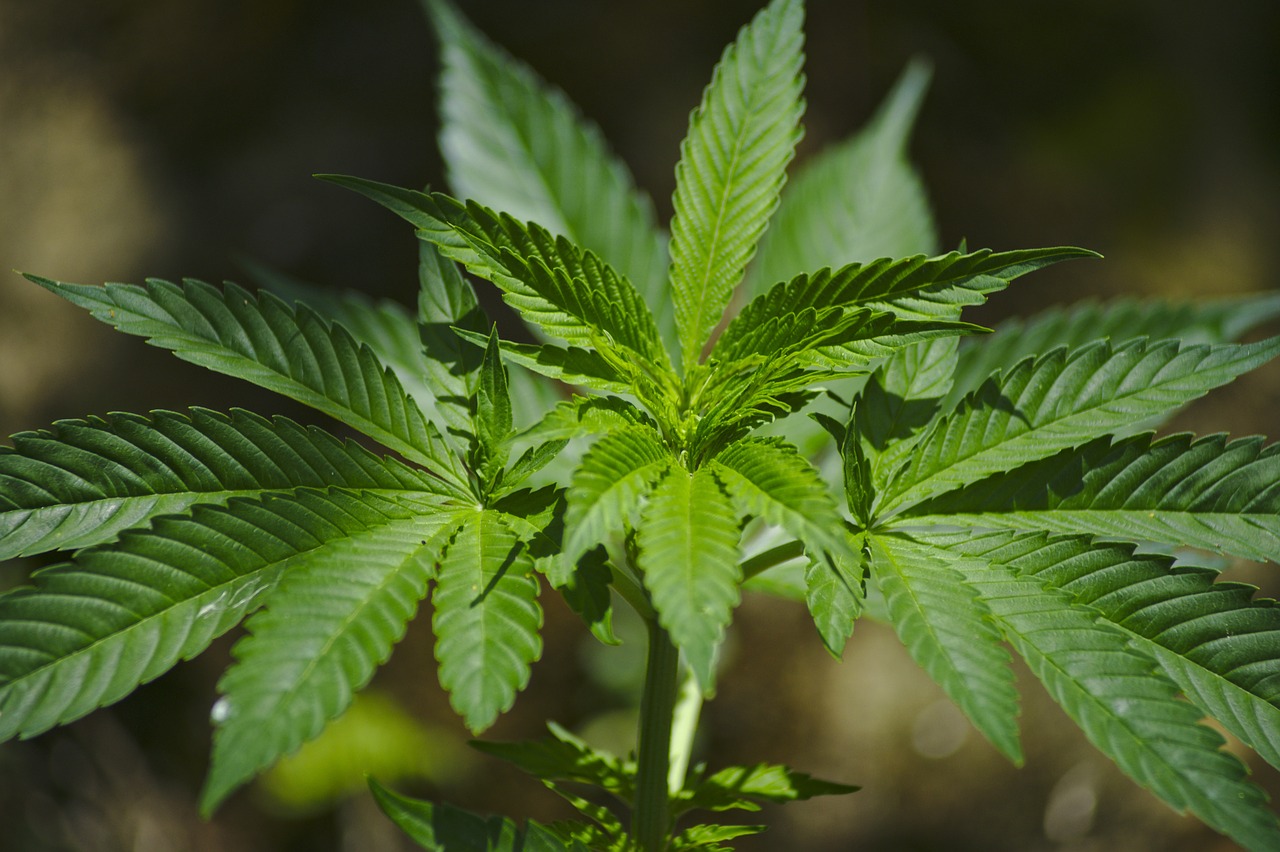Update: HR 1952 was referred to committee.
Congressman Beto O’Rourke (D-TX) with Representatives Amash (R-MI), Jeffries (D-NY), Sensenbrenner (R-WI), Nadler (D-NY), and Love (R-UT) have introduced HR 1952, The Better Drive Act, legislation removing the federal mandate that demands states to suspend the driver’s license of individuals with a marijuana possession conviction.
Under current law, any drug conviction, regardless of whether or not a motor vehicle was involved, results in an automatic suspension of the individual’s driving privileges for a period of six months. To date, 38 states have opted out of this mandate. Yet twelve states, home to more than 122 million residents – including Texas, New York, Michigan and Florida — have not done so. Nearly 200,000 driver licenses are still suspended each year for these non-driving offenses. According to the AAMVA, nearly 4 out of every 10 suspended drivers who lost their license following a conviction for a drug or other type of offense were suspended for non-highway safety reasons.
Enacted over 25 years ago as a part of the so-called “war on drugs,” this mandate imposed on states does not improve highway safety or help people address substance use. Rather, it has the opposite effect, as this mandate ends up costing minor offenders their ability to get to work and to school, and causes other undue economic hardships.
This repeal of the federal mandate would have no impact on states ability to suspend licenses for drug offenses or enforce impaired driving statutes.
Minor marijuana possession offenders ought not to face the undue burden of the loss of one’s driving privileges for activities unrelated to driving. This punishment is disproportionate and unrelated to the offense and it needlessly hinders defendant’s ability to rehabilitate and to be a successful member of our community.
Enter your information below to contact your member of Congress and urge them to support this legislation.

